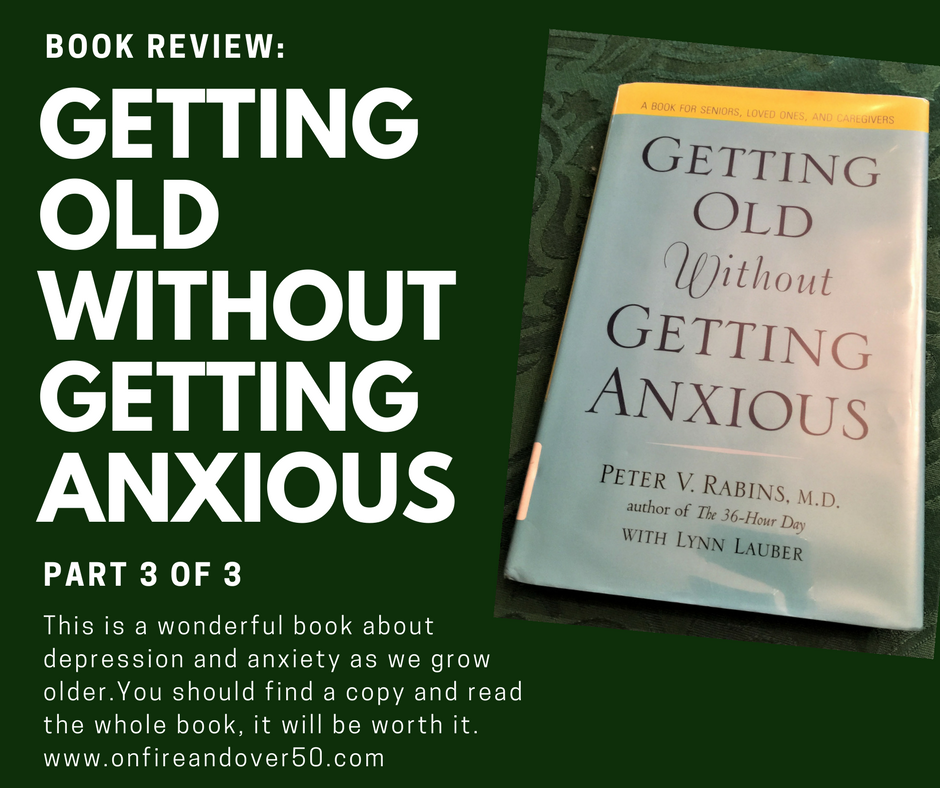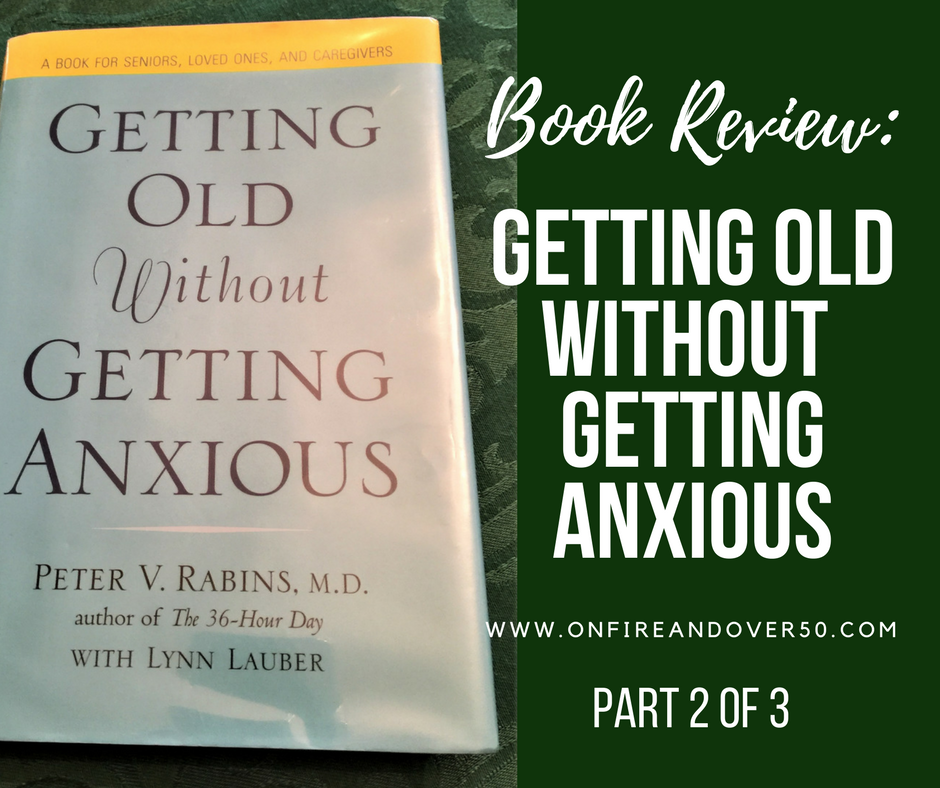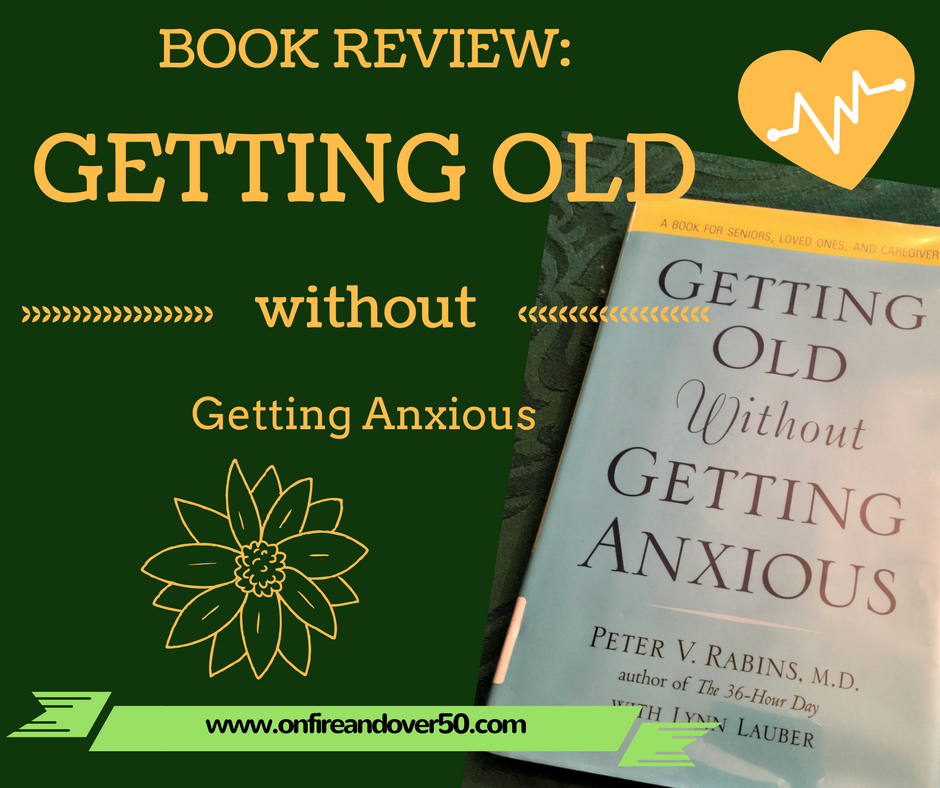cannot change anything.
- George Bernard Shaw -
Irish playwright, critic, polemicist, and political activist
(26 July 1856 – 2 November 1950)
April is a wonderful month, it's spring in full swing. Some people experience depression and anxiety through the winter months and return to happiness in the spring. Others do not get over it, it is a year round illness. This week I want to try to encourage you to practice those techniques we learned about this month and bounce back from stress, anxiety, depression, and other mental illnesses. Let's end April with joy!
“When you're finished changing, you're finished.”
-Benjamin Franklin-
(January 17, 1706 – April 17, 1790)
We learned what anxiety is and how to possibly recognize the symptoms. In part 2 of this series we learned about depression – what it is and how to treat it. Of all the ideas we looked at to treat these disorders, in my opinion, it all boils down to one thing – Lifestyle Changes that are positive on your physical and mental health.
Not everything can be cured with positive lifestyle changes, but everything can be helped by them. In other words, if you watch tv for several hours a day...get up and walk instead; if you eat a lot of fast food...try to make better choices, healthier choices; even a couple of positive changes can have a huge impact on your well being.
Don't try to change everything all at once, take baby steps. Start with one small change and work on that until you it becomes habit. Then move on to the next change, Before long you will notice that with each change, you feel better and better.
Change must first take place in our mind. We must want to change and we must have the mindset that we are going to change. Just as George Bernard Shaw stated 'those who cannot change their mind, cannot change anything”. That is a true statement. Until you want to change and set your mind to it, you won't.
But often, if we just head out in the direction of the change we want to make and we experience a slight bit of success, that is all it takes to get the ball rolling on the change mindset. A little encouragement can go a long, long way.
I know this to be true. I was over weight for several years and attempts to lose it were futile...until I changed my whole way of thinking. Once that took place, everything else fell into place and I began losing a lot of weight...a lot.a
Not only will your body thank you for these changes, but your mind will benefit, also.
Any change, even a change for the better,
is always accompanied by drawbacks and discomforts.
-Arnold Bennett-
British novelist, playwright, critic, and essayist
I challenge you to put some of the ideas in Part 3 into action in your own life. Even if you only put one into action, you will feel more positive. Start with an easy one. Experience a few successes and then see if you aren't ready to conquer anything!
I highly recommend this book:
This is a wonderful book about
depression and anxiety as we grow older.
You should find a copy and read the whole book,
it will be worth it.
Have you read a life changing book recently? Have you changed something in your life and although it was hard, you stayed with it until you were successful? If not, why not? Please share your thoughts. A lot of us are going through these issues and we need help. Your input might make the difference in someone's life.
XOXO




 RSS Feed
RSS Feed